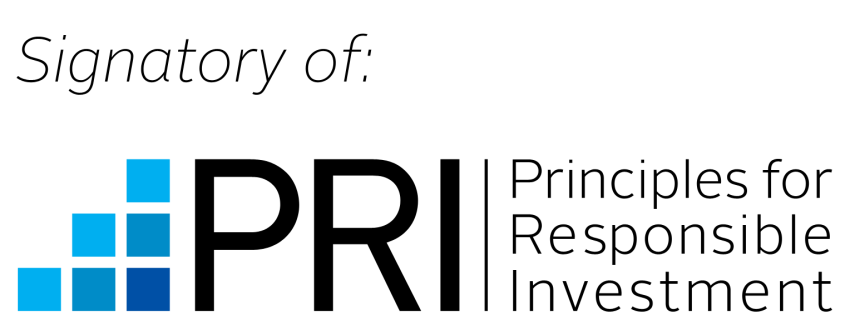Soho Square Capital has adopted the approach defined in this document as the basis of its ESG approach.
The aim of this Responsible Investment Policy is to outline how we incorporate ESG guidelines into our investment decision-making processes and portfolio management operations.
Soho Square Capital believes that responsible investing is an important element in supporting society’s move towards a sustainable economic future. We acknowledge that responsible investing will not only benefit our investors but will also deliver broader societal benefits.
To do so effectively, we incorporate Environmental, Social and Governance considerations (ESG) into our key processes as well as monitor compliance with the targets set.
Our Responsible Investment Policy – available to read here – outlines how we incorporate ESG guidelines into our investment decision-making processes and portfolio management operations.
ESG considerations should help us mitigate risks, identify opportunities and create value for all stakeholders. These considerations help us not only make better decisions, but also they lay down the foundations required to deliver long-term stable growth. We believe that the prosperity of portfolio companies and the adoption of ambitious ESG objectives go hand in hand.
Soho Square is a signatory to the UN Principles for Responsible Investment (UNPRI). By aligning ourselves with the UNPRI Principles, we are joining with other private equity firms that share a collective objective to create a more sustainable future.
The UNPRI Principles cover all aspects of our business and we endeavour to make them part of our day to day processes:






